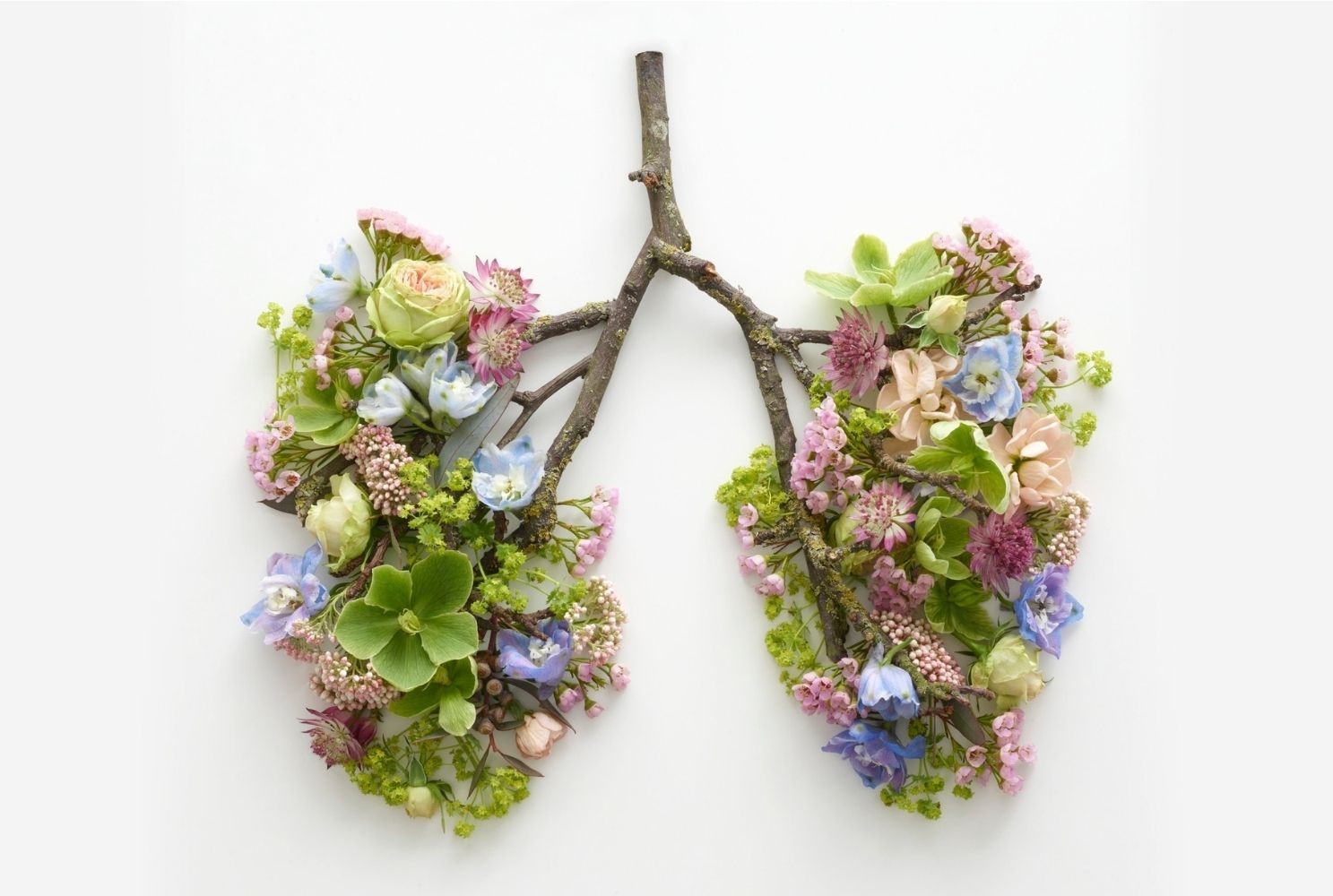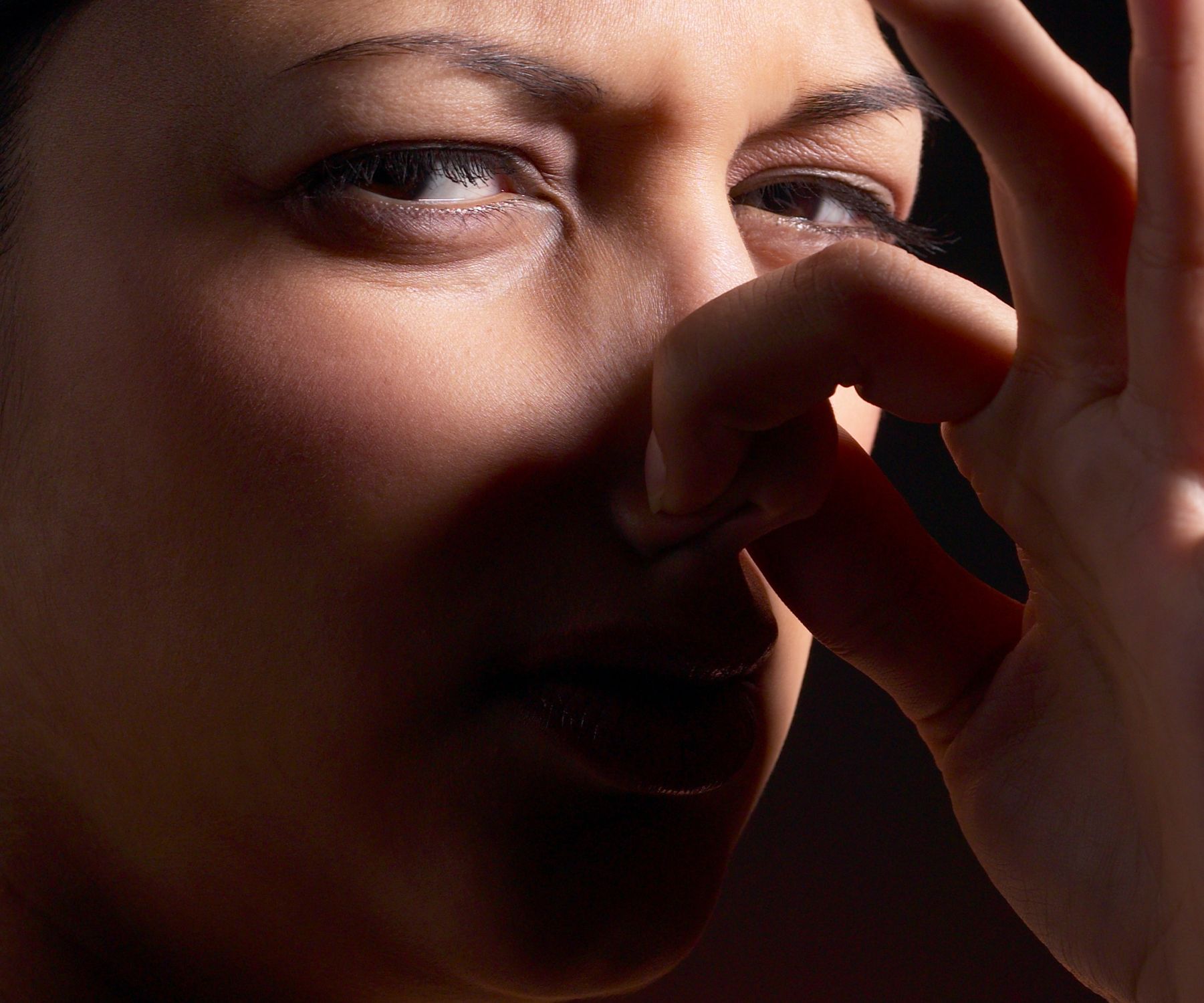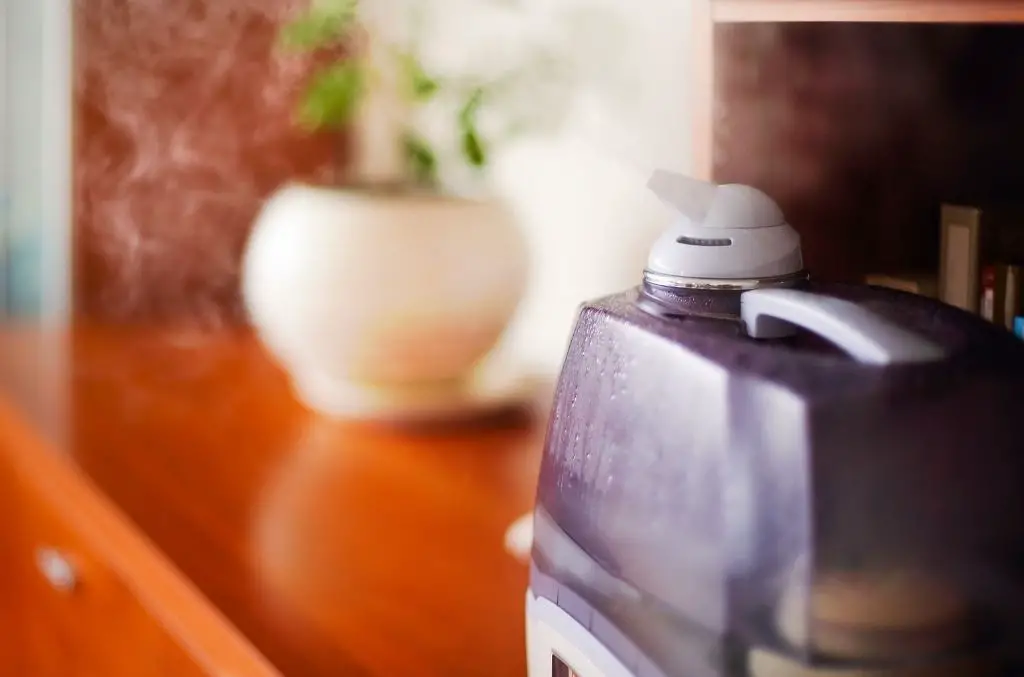Is there any truth to the idea that using a humidifier can make you sick? Why exactly do you think that could be?
Think about it…
The humidifier falls into a category of appliances and machines that use water and have a basin to fill with water.
Other machines like evaporative coolers, air washers, and dehumidifiers all fall in the same category.
The one thing that each of these devices or machines have in common is the chance of getting contaminated when not maintained adequately.
More to the point, the water in them has a chance of getting contaminated when it is left standing.
Bacteria and mold can begin to take root and get a foothold in as little as 48 hours in standing water.
Table of Contents
Can a humidifier make you sick?

A humidifier can make you sick when it is not maintained correctly.
A dirty humidifier with contaminated water can become a literal germ distributor when it is operated.
Diseases like Legionnaires are directly connected to breathing in the mist from bacteria contaminated water.
Pontiac Fever is a lesser version of the disease that occurs the exact same way.
Most people agree that a humidifier is not as likely to get bad enough to spread Legionnaires disease.
But it is a strong enough threat that the Israeli Ministry of Health issued a warning about the incorrect use of domestic humidifiers and their connection to Legionnaires.
The bottom line is that humidifiers
must be emptied once a day and cleaned thoroughly once a week.
And that yes, there is a chance of a humidifier making you sick if it is not cared for adequately.
And if you already have a predisposition to mold allergies, the chance of getting sick from an unmaintained humidifier can be that much worse.
So if you are in the market for a humidifier, it would be well worth it to search for one that is easy to clean and is dishwasher safe.
Many brands of humidifiers are starting to use features like ultraviolet light and carry additives that help keep mold and bacteria from growing or at least nearly as fast.
Over Humidifying
Another way that humidifiers can affect your health adversely is using one when the humidity is already high.
Air that is thick with heavy humidity can be harder to breathe.
And it’s very hard to breathe if you already suffer from a condition like asthma.
High humidity also promotes dust mite and mold growth.
Both of which fall into a category of airborne allergens that can cause symptoms like sneezing, itchy eyes, coughing, and fatigue.
Mold can also take root in your house, hiding in dark spaces where it can grow out of control and cause a great deal of damage in a very short time.
Maintaining a relative humidity between 40 and 60 percent is the key. And if the humidity is already above that range,
Running a humidifier will only make it more humid and exasperate the problem.
A dehumidifier or simply running the central heat and air would be a better solution to help reduce the humidity and thin the air.
Humidifier Pros Though Bro

But with all the talk of how a humidifier can be dangerous when not properly kept,
It makes you forget how beneficial a humidifier actually is, when it is properly used and maintained.
And how important maintaining the proper relative humidity is to your health.
Humidity is a subject that most people don’t consider to be related to anything other than a bad hair day or a muggy uncomfortable afternoon.
But humidity has much more to do with staying healthy then you may have thought.
Like I previously mentioned, keeping the relative humidity at the optimal point is the key.
An actual quote in the National Library of Medicine states “the majority of adverse health effects caused by relative humidity would be minimized by maintaining indoor levels between 40 and 60%.
That’s a pretty big statement.
Another study concluded that “rodents and environments with 10 to 20% relative humidity succumb to influenza virus infection or rapidly than those housed in 50% relative humidity”
This leads to the conclusion that relative humidity is much more important to maintaining your health than previously thought.
Wouldn’t you say?
Benefits of Optimal Humidity
Some of the benefits of using a humidifier when the air is too dry include:
- Reducing flu and viral transmission
Studies show that a proper relative humidity keeps viral droplets from being able to travel as far during cold and flu season.
- Repairing Dry skin
Dehydrated skin equals dry skin. When there is not enough mouth in the air , the air itself becomes an absorber, pulling the moisture out of your skin.
Dry skin is also at the heart of acne. A lack of moisture in the air also exacerbates psoriasis.
Increasing the moisture in the air with a humidifier can help improve and heal dry, damaged skin.
- Managing Dust
Dust is made up of a huge list everything you can think of including dead skin and the exoskeletons of insects. As well as pollen and mold spores.
Running a humidifier helps add weight to the dust particles floating through the air. This keeps dust from being able to enter your airways and cause any number of allergic symptoms.
And for asthma sufferers, it can be the difference in breathing or not and triggering an attack.
Recap
There is no question that a moldy humidifier can make you sick.
There are conditions including Legionnaires and Pontiac Fever that are caught by breathing in humidity droplets that are tainted with mold.
It is obviously very important to keep your humidifier clean as well as any other devices or machines that you have in your home that require adding or emptying water like in the case of a dehumidifier.
But don’t let the maintenance involved in using a humidifier keep you from doing so.
The benefits of keeping the relative humidity between 40 and 60 percent are as important to your health as eating, drinking, and sleeping well and enough.
Your skincare is absolutely dependent and maintaining the proper humidity as well. This includes treating Acne and helping to relieve psoriasis.








